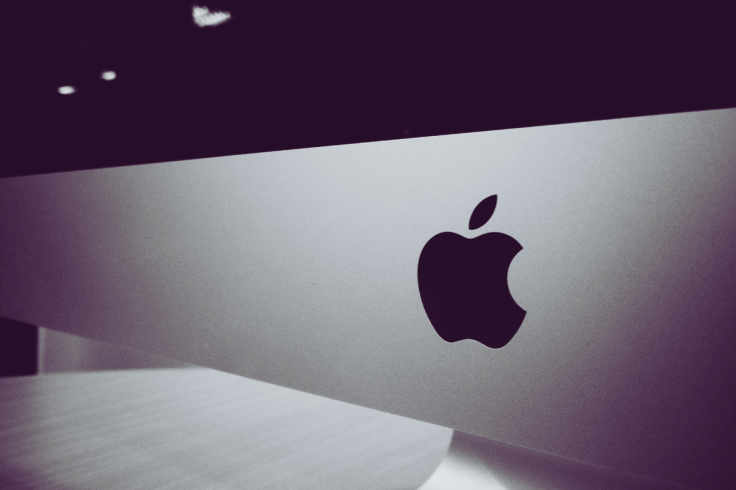
Apple's CEO, Tim Cook, just sounded a warning bell that got investors and iPhone fans on edge: new U.S. tariffs could slam the tech giant with a £720 million ($958 million) hit in its June 2025 quarter.
Announced during Apple's Q2 earnings call on 1 May 2025, this bombshell comes as the company navigates a tricky landscape of trade policies and declining sales in China.
So, what's at stake, and could your next iPhone cost more?
Navigate Costly Tariff Storm
The tariff threat stems from U.S. President Donald Trump's aggressive trade policies, which slap a 54% cumulative tariff on goods from China, Apple's manufacturing heartland.
Cook revealed that these tariffs could shave £720 million ($958 million) off Apple's bottom line in Q2, though he admitted the figure is a rough estimate due to the unpredictable policy shifts. Apple's cushioned the blow by stockpiling inventory, but this is a short-term fix, post-June, costs could skyrocket.
As Cook told analysts, 'We're monitoring the situation closely,' a nod to his delicate dance with a tough-on-China administration. Posts on X echo the tension, with users speculating about pricier iPhones or slimmer Apple margins.
Tackle Slumping China Sales
Apple's tariff woes come at a rough time. The company reported £95.4 billion ($126.9 billion) in Q2 revenue, beating expectations, but China sales tanked, dropping 11% to £18.5 billion ($24.6 billion).
Local rivals like Huawei are eating Apple's lunch in this key market, where it generates nearly half its revenue through sales and supply chains. Tariffs could exacerbate this, potentially forcing Apple to raise prices or absorb costs, which Citi analysts estimate could cut gross margins by 9%.
Cook's been working overtime, making three trips to China in 2024 to shore up ties, but a prolonged trade war could cripple Apple's dominance.
Reshape Global Supply Chains
The tariffs are pushing Apple to rethink its China-centric supply chain. Cook highlighted efforts to diversify, with 19 billion chips sourced from U.S. suppliers in 2025 and plans for a Houston manufacturing facility.
But moving production isn't a quick fix, China's expertise and scale are unmatched, and scaling up in India or Vietnam could take a decade.
As one analyst noted, 'Each iPhone is a marvel of an optimised supply chain,' and dismantling that risks higher costs or quality dips. If Beijing retaliates with its own tariffs, Apple's global sales could take a further hit.
Brace For Pricier iPhones
Apple's at a crossroads, facing a tariff storm that could reshape its future. Tim Cook's knack for dodging tariffs, securing exemptions in 2019, sparks hope, but today's hostile trade environment feels unrelenting.
Without urgent relief, Apple may hike prices, with Wedbush estimating iPhone costs could soar to £2,000 ($2,661) or more, a bitter pill when rivals like Samsung and Xiaomi churn out cheaper, feature-rich alternatives.
Cook's diplomatic prowess is under siege, balancing aggressive U.S. trade demands, fragile Chinese partnerships critical to Apple's supply chain, and jittery shareholders craving stable profits.
For now, Apple clings to its unmatched brand loyalty and breakthroughs like Apple Intelligence to hold its ground. Yet, the tariffs are a ticking time bomb, threatening not just your wallet but Apple's global dominance with a costly, far-reaching blast.
Originally published on IBTimes UK



